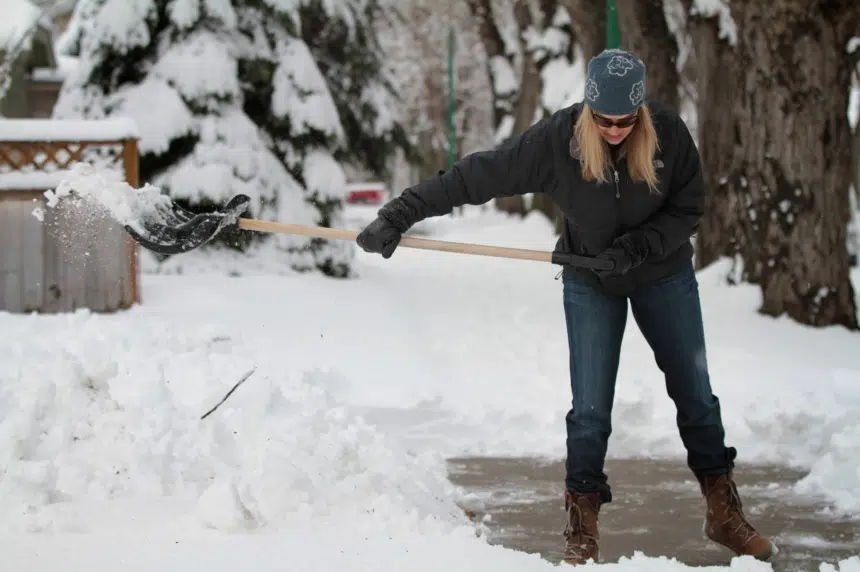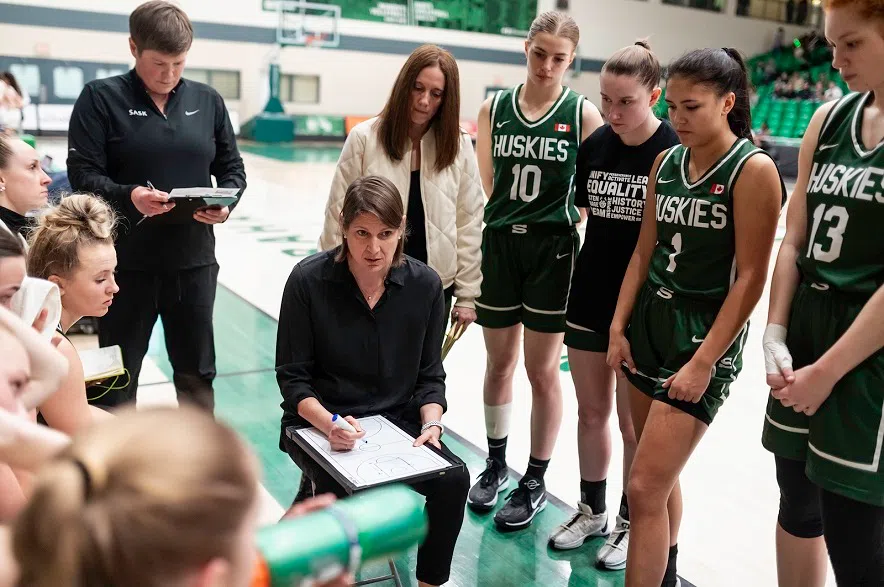An advocate for people with disabilities says proposed rules that would require property owners to clear adjacent sidewalks after snowfall will not just improve quality of life, but enable people with mobility issues to participate more fully in society.
Carla Harris is a Regina-based consultant who helps companies and non-profit organizations review their programs for accessibility and how to make them more inclusive.
She says snow-covered sidewalks are a barrier and supports having rules to make sure they’re cleared.
“That is the only way that we can guarantee that we can get to our doctors, get to our opportunities for work … right down to your groceries,” Harris said. “These are the things that make the biggest difference in people’s lives.”
Council was set to approve the changes at its meeting on Sept. 29 but tabled them after debate over the cost of bylaw enforcement.
Harris said an overlooked issue in Saskatchewan is its aging population and as people enter their senior years, they start developing health conditions that limit their ability to get around.
Many of these people do not consider themselves to have a disability and do not seek help. She said that makes it an imperative for organizations to make their programs accessible.
“I know my grandmother was in a wheelchair for 10 years at the end of her life. She never would have said that. She never would have asked for assistance,” Harris said.
A report from administration says the City of Regina currently runs on an “encouragement model” for sidewalk clearing.
Cities like Saskatoon, Edmonton and Calgary use an “enforcement model” while in Winnipeg, the city handles sidewalk clearing itself.
The report says while the city encourages people to be good neighbours, people don’t always shovel, which leads to inconsistent snow and ice removal.
“Until we have a proper policy that holds folks accountable, it’s not getting done,” Harris said.
If the changes get approved, Harris expects some grumbling about them but says the benefits will be far-reaching, including fewer injuries resulting from slips and falls, costing the health-care system less money.
“It’ll be frustrating to get started only because we’ve waited so long and we are joining what other cities have had for a long time,” said Harris, who noted she has seen more people walking than ever before since the start of the pandemic. “I think there will be benefits to everyone.”







